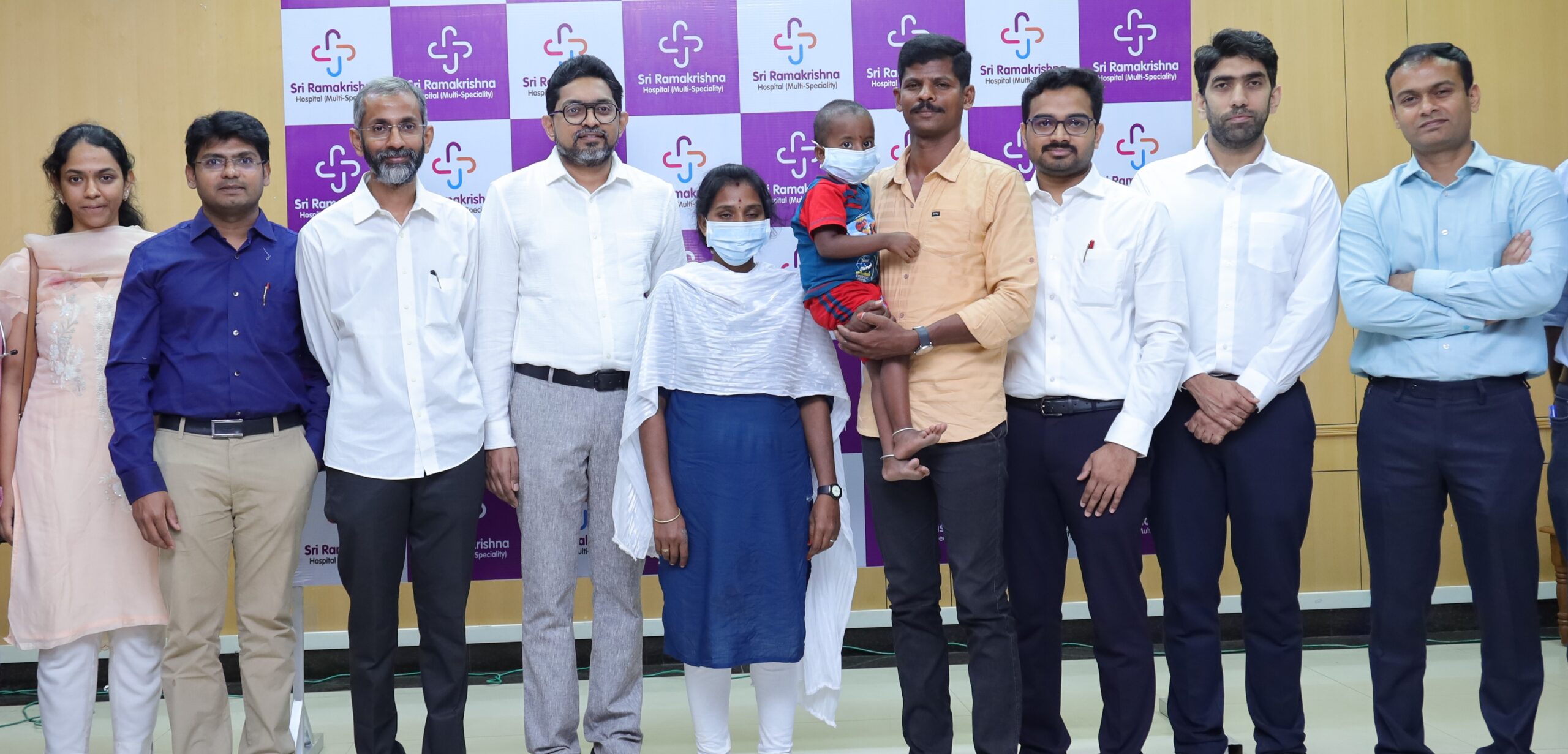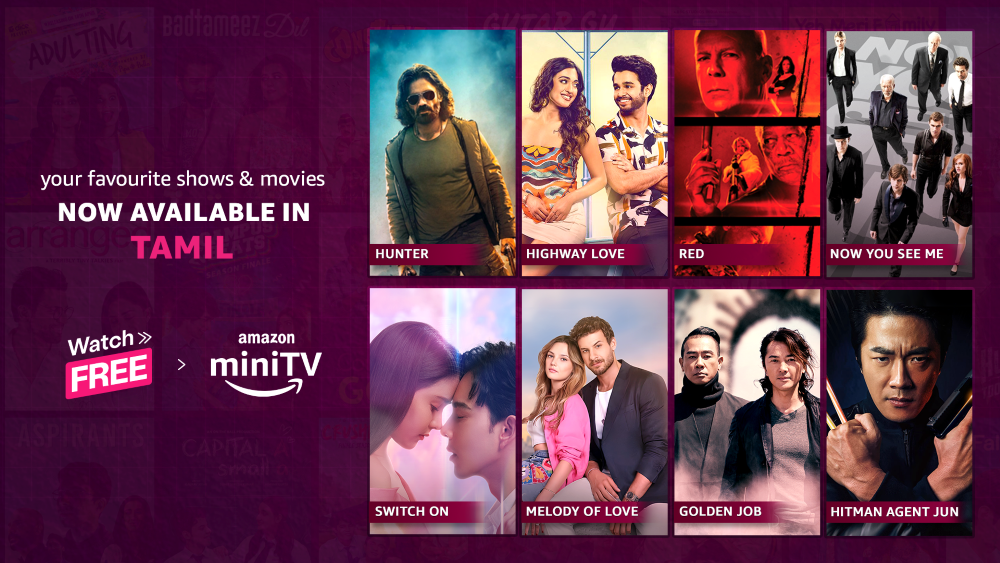Trending Now
- 830 voters names go missing in Kavundampalayam constituency
- If BJP comes to power we shall consider bringing back electoral bonds: Nirmala Sitaraman
- Monitoring at check posts between Kerala and TN intensified as bird flu gets virulent in Kerala
Coimbatore
Coimbatore’s Helen Keller shines on
![]() August 5, 2016
August 5, 2016
Dr K Radhabai has a doctorate, teaches history at a college and has no sight.
The first visually challenged woman to get a Ph.D in South India, Radhabai was one of the recipients of the Achiever’s Award at the Kalam Vizha organized by Jwalaa (Justice for Women Aggrieved and Legal Aid and Awareness) in Coimbatore.
Technology has illuminated the world of the visually challenged, said Dr Radhabai who has taught for four years at special education department of at the Avinashilingam Deemed University, Coimbatore.
“Earlier, we depended on Braille and readers to pursue studies and jobs, but today, additionally we have screen reading software that can be installed on mobile phones and computers, in addition to reading equipment that can scan and read printed books,” said Dr Radhabai, who is Head of History Department at Government Arts College for Women, Pudukottai.
The reading aids are a big asset for the visually challenged in university libraries, said Dr Radhabai, though costs can limit their availability.
“Today, I provide PowerPoint presentations for my students and also have books and thesis converted into audio material,” said the professor, whose college has a resource room that caters to 10 visually challenged students of the college.
Dr Radhabai, who is passionate about teaching history through group discussions and seminars, besides lectures, said there were many hands that helped her to her feet at crucial stages in her life.
“My father, who was a Tamil teacher, was my biggest support with who I shared the fascination for Thirukurral. I was inspired by the couplet which said difficulty is not the problem, but not taking effort to overcome is the biggest mistake.”
“My father was my first teacher,” she recalls fondly.
Unfazed by her handicap, Radhabai joined the Government School for the Blind at Poonamallee, Chennai, when she was nine, after a few years in a private school.
She topped her school in the SSLC exams, but her family of six children could not support her any further. But succour came in the form of Priya Theodore, who ran the Rehabilitation Centre for Blind Woman at Mannarpuram, Tiruchi.
She helped her get admission in Seethalakshmi Ramasamy College in Tiruchi after convincing the reluctant principal Kamakshi, who thought they may be wasting a seat. But Radhabai topped the class in P.U.C (pre-university course) and earned the respect and belief of the principal who came forward to fund her further education.
“I was overwhelmed to hear principal Kamakshi naming me as the most unforgettable student of her life at a TV interview recently,” said Dr Radhabai.
Dr Radhabai travelled all over India to collect material for her Ph.D thesis on the history of rehabilitation service to the blind in India with special reference to Tamil Nadu. After five years of hard work, she submitted her thesis and was awarded the doctorate in 1989.
“There were many who helped me in this journey, and my mentor Professor Edward Jonathan was one of them, who accompanied me across the country.”
“When you are willing to make efforts, the society will be ready to help you,” Dr Radhabai said.
The professor, who will be retiring in a year, said she wants to write a history book.
“Since people who know me believe that my life can inspire others, I’m looking at delivering motivational talks at educational institutions,” said Dr Radhabai, whose role model is Dr Helen Keller, who said the best and most beautiful things in the world cannot be seen or even touched – they must be felt with the heart.























